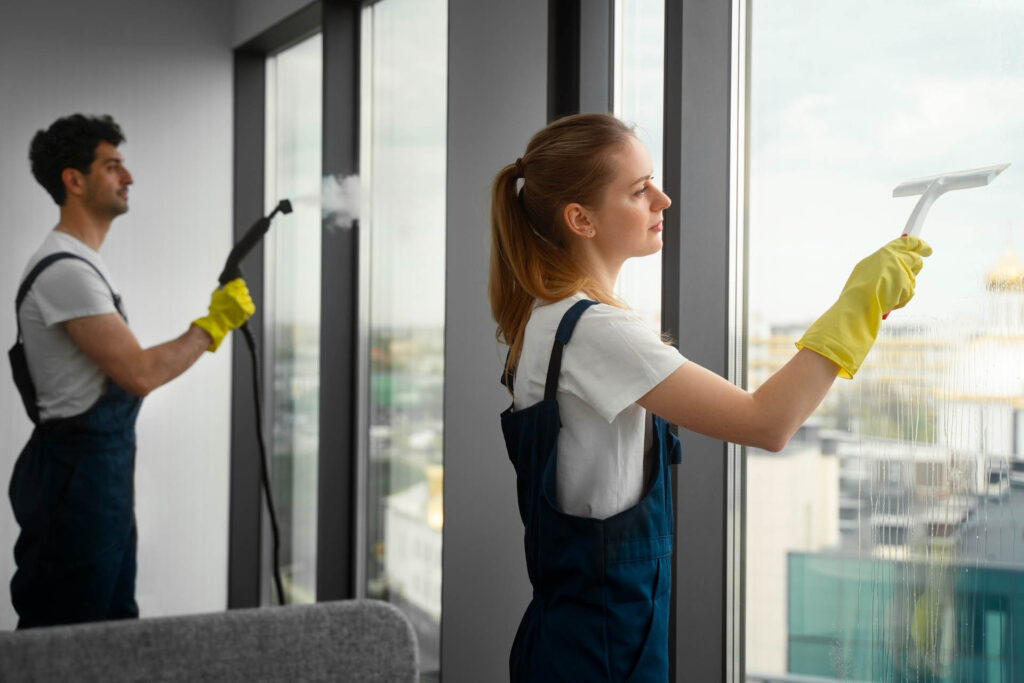Indoor air quality (IAQ) refers to the quality of the air inside buildings and structures, such as homes, offices, schools, and commercial spaces. Maintaining good IAQ is essential for the health, comfort, and well-being of occupants. Poor IAQ can lead to a range of health issues, including respiratory problems, allergies, and discomfort.
Particulate Matter
Particulate matter (PM) refers to tiny solid or liquid particles suspended in the air. These particles can vary in size, composition, and origin. In cleaning and indoor air quality (IAQ) contexts, particulate matter often consists of dust, allergens, and other airborne particles that can affect the cleanliness and health of indoor environments.

Safety Enhancements
Enhancing safety is a critical aspect of park revivals. This may involve improved lighting, security measures, and the removal of hazards like uneven surfaces or deteriorating structures.
Regular Dusting and Vacuuming
Regular dusting and vacuuming are essential cleaning tasks to maintain a clean and healthy indoor environment. These practices help remove dust, dirt, allergens, and particulate matter from surfaces and the air.

Indoor air quality is a multifaceted issue that requires ongoing attention and management. Creating a healthy indoor environment involves a combination of prevention, monitoring, and remediation to reduce exposure to indoor air pollutants and maintain the well-being of building occupants.
